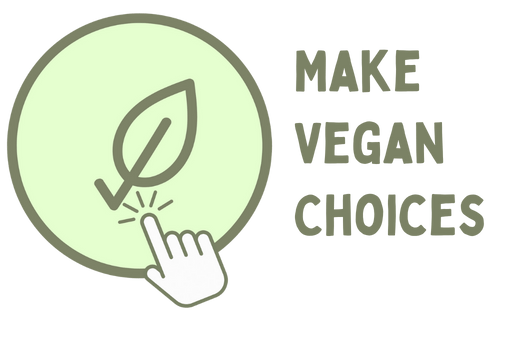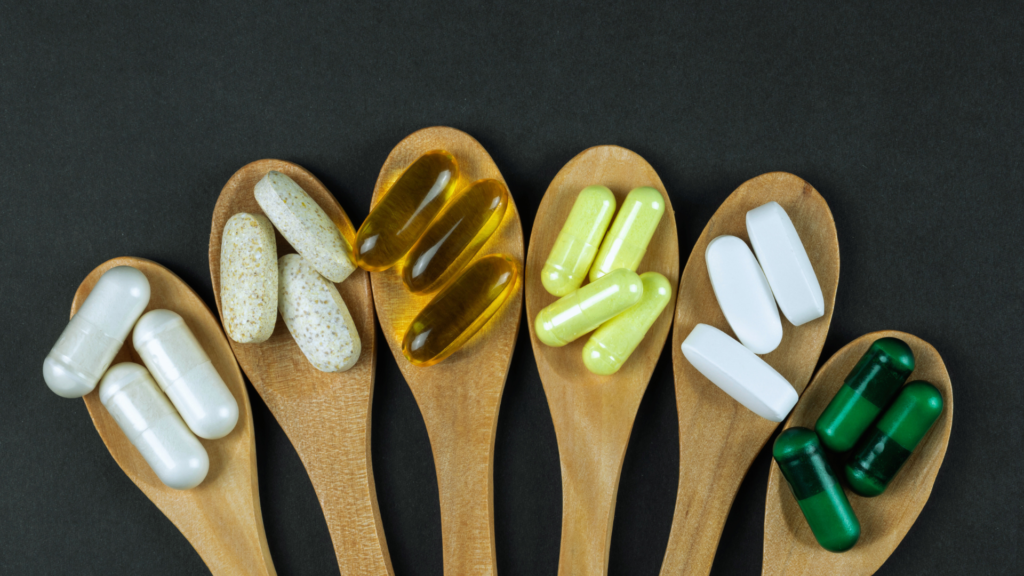Why Vegans Need Supplements: The Nutrition Reality Check
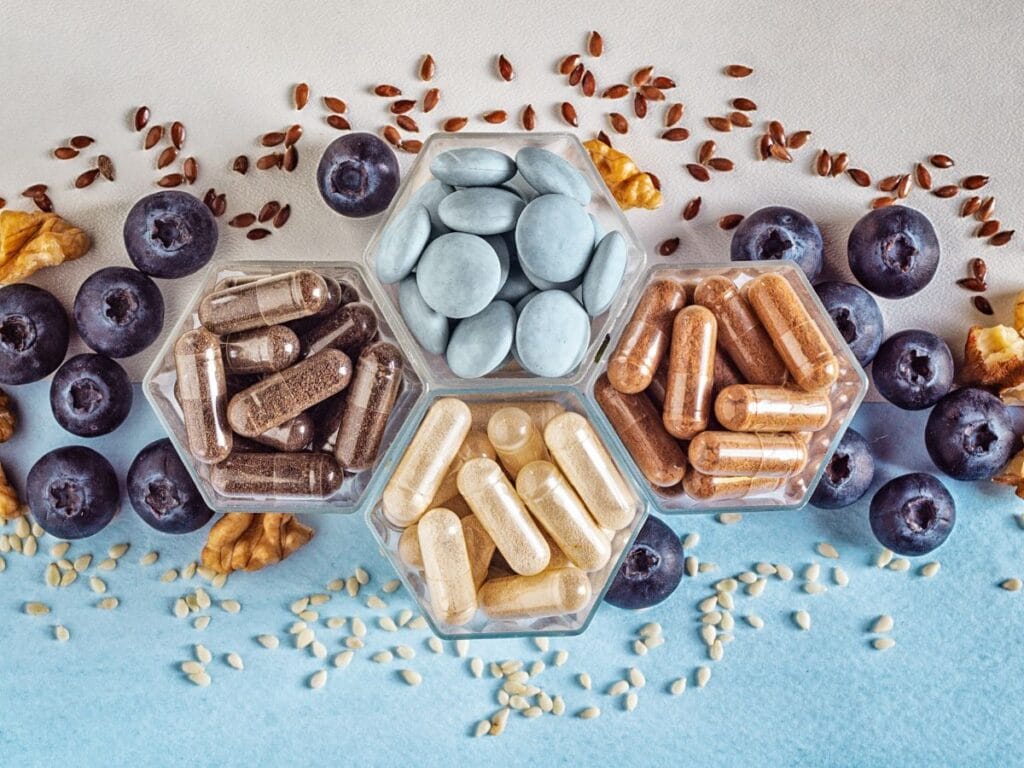
Ever heard someone say they quit veganism because they felt like garbage? These stories spread faster than gossip at a PTA meeting, making everyone wonder why vegans need supplements if plants are supposedly so amazing. Here’s the thing: it’s not the plants that are the problem—it’s people going vegan without doing their homework.
Don’t get me wrong. A well-planned vegan diet can make you feel like a superhero who finally figured out their powers. You’ll naturally dodge harmful saturated fats, cholesterol, and inflammatory compounds while loading up on fiber, antioxidants, and nutrients that make your body actually function properly. But here’s the catch—you can’t just swap your burger for a sad salad and call it health food.
The vegans who thrive? They’re the ones who actually learn what their bodies need instead of assuming kale fixes everything. They embrace variety, supplement smartly, and often end up healthier than their meat-eating friends who think bacon counts as a vegetable.
But let’s talk about the elephant in the room: why do vegans need supplements if this lifestyle is so fantastic? Simple answer: there are a few critical nutrients that are just harder to get from plants. It’s not a design flaw in veganism—it’s basic biology meeting modern food systems. With the right approach, you can fill those gaps and enjoy all the benefits without ending up as another cautionary tale.
The 6 Critical Nutrients Vegans Need to Watch
Your vegan diet is probably crushing it in the nutrient department for most things. But there are key nutrients that vegans commonly lack. Ignore these, and you’ll be that person everyone points to when they say “veganism doesn’t work.”
Here’s what actually matters, why your body throws tantrums without them, and how to get them without compromising your plant-powered principles:
Vitamin B12: The One Supplement Every Vegan Actually Needs
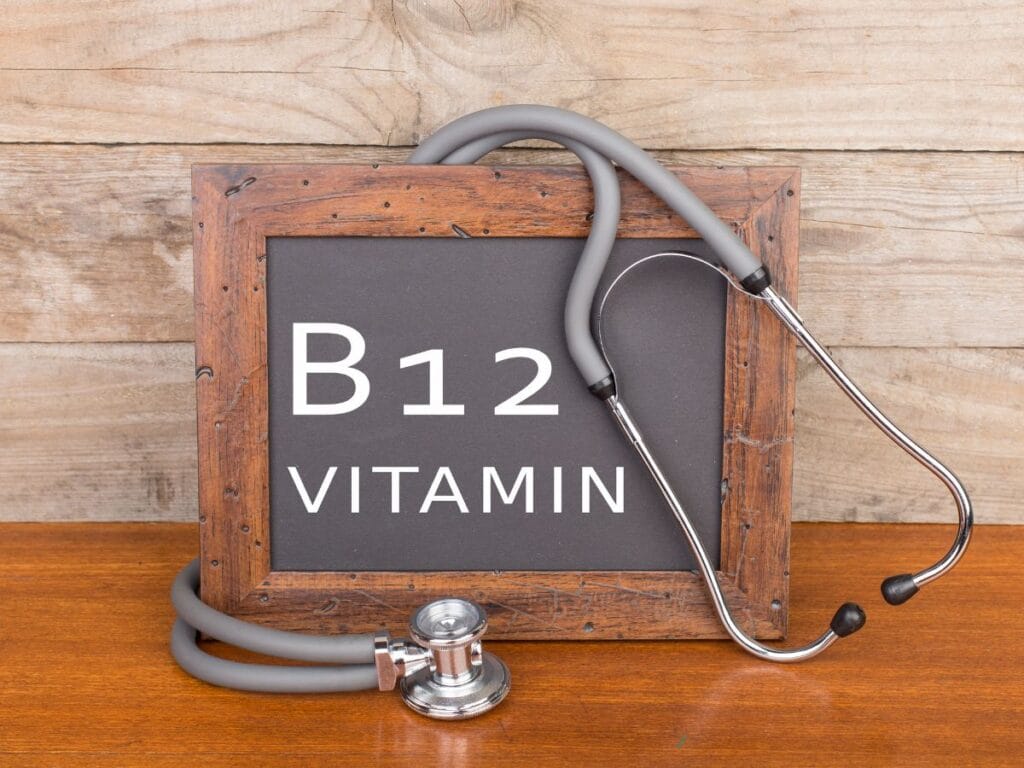
Here’s the deal with B12: your body absolutely needs it for nerve function and making red blood cells, but you can’t get it from plants. Don’t panic—this isn’t some conspiracy against veganism. Back in the day, humans got B12 from soil bacteria and untreated water, but modern sanitation wiped out those sources along with cholera and dysentery.
Plot twist: those animals everyone thinks are “natural” B12 sources? They’re getting supplements too. Factory farms pump livestock full of B12 because even cows can’t make it themselves. So you’re either getting your B12 directly or filtering it through someone else’s digestive system first.
The B12 Reality Check:
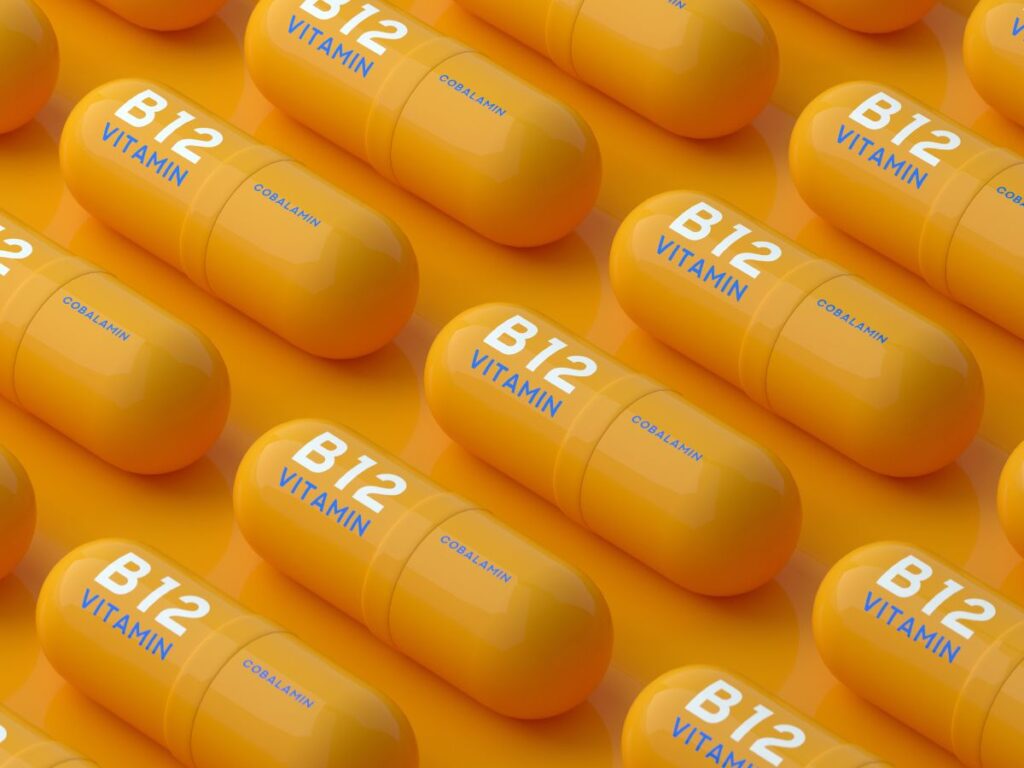
You need 2.4 mcg daily, which sounds like nothing until you realize how easy it is to mess this up. Sure, you can find fortified nutritional yeast, plant milks, and breakfast cereals, but here’s the problem—fortified doesn’t mean consistent. That fancy oat milk might have B12 on Monday and basically none by Friday.
Why vegans need supplements becomes crystal clear with B12: relying on fortified foods is like playing nutritional roulette. Some days you’ll hit the jackpot, other days you’ll be running on empty while wondering why you feel like you got hit by a truck. The highest natural sources of B12 are locked away in animal products, but certain plant-based options get fortified with added vitamins—think specific brands of nutritional yeast, breakfast cereals, and plant milks that actually care about your health.
Skip the guesswork and just take a damn supplement. Your future self will thank you when you’re not dealing with nerve damage because you thought sprinkling nooch on everything was enough.
The highest natural sources of vitamin B12 are contained in animal foods – however, certain plant-based sources are fortified (vitamins added) with B12 such as certain brands of nutritional yeast, breakfast cereals and plant milks. Fairly high sources of B12 are contained in the following regular foods:
RDI for adults: 2.4mcg per day
| Food Source | Vegan | B12 per 100g | Amount Needed for RDI |
| Fortified Cereals | (V) | 21.0mcg | 11.4g (small bowl) |
| Fortified Nutritional Yeast | (V) | 17.6mcg | 13.6g (1 tablespoon) |
| Tuna | 10.9mcg | 22g (small chunk) | |
| Beef (Ground Beef) | 7.5mcg | 32g (1 oz portion) | |
| Salmon | 3.2mcg | 75g (small fillet) | |
| Swiss Cheese | 3.1mcg | 77g (2.7oz slice) | |
| Fortified Tofu | (V) | 1.5mcg | 160g (large serving) |
| Fortified Soymilk | (V) | 1.2mcg | 200ml (7oz glass) |
| Eggs | 1.1mcg | 218g (4 large eggs) | |
| Turkey | 0.9mcg | 267g (9oz serving) | |
| Cod | 0.9mcg | 267g (large fillet) | |
| Cheddar Cheese | 0.8mcg | 300g (large portion) | |
| Ham | 0.7mcg | 343g (12oz serving) | |
| Pork Chops | 0.6mcg | 400g (large serving) | |
| Fortified Almond Milk | (V) | 0.6mcg | 400ml (13oz glass) |
| Low-Fat Milk | 0.5mcg | 480ml (16oz glass) | |
| Yogurt | 0.5mcg | 480g (large container) | |
| Whole Milk | 0.4mcg | 600ml (20oz) | |
| Chicken Breast | 0.3mcg | 800g (large serving) | |
| Butter | 0.2mcg | 1200g (unrealistic amount) |
Not All B12 Supplements Are Created Equal
You’ll find two main types of B12 supplements: cyanocobalamin and methylcobalamin. Research shows that cyanocobalamin gives better results in maintaining B12 levels compared to methylcobalamin, despite what fancy marketing claims might tell you. For maximum absorption, go with chewable tablets or sublingual (under-the-tongue) forms instead of swallowing pills like a regular vitamin. When B12 mixes with your saliva, it binds with special proteins from your salivary glands that help transport it safely through your digestive system—boosting absorption rates up to ten times more than regular tablets you just gulp down with water.
Vitamin D3: The Sunshine Vitamin and Why Vegans Often Need a Supplement
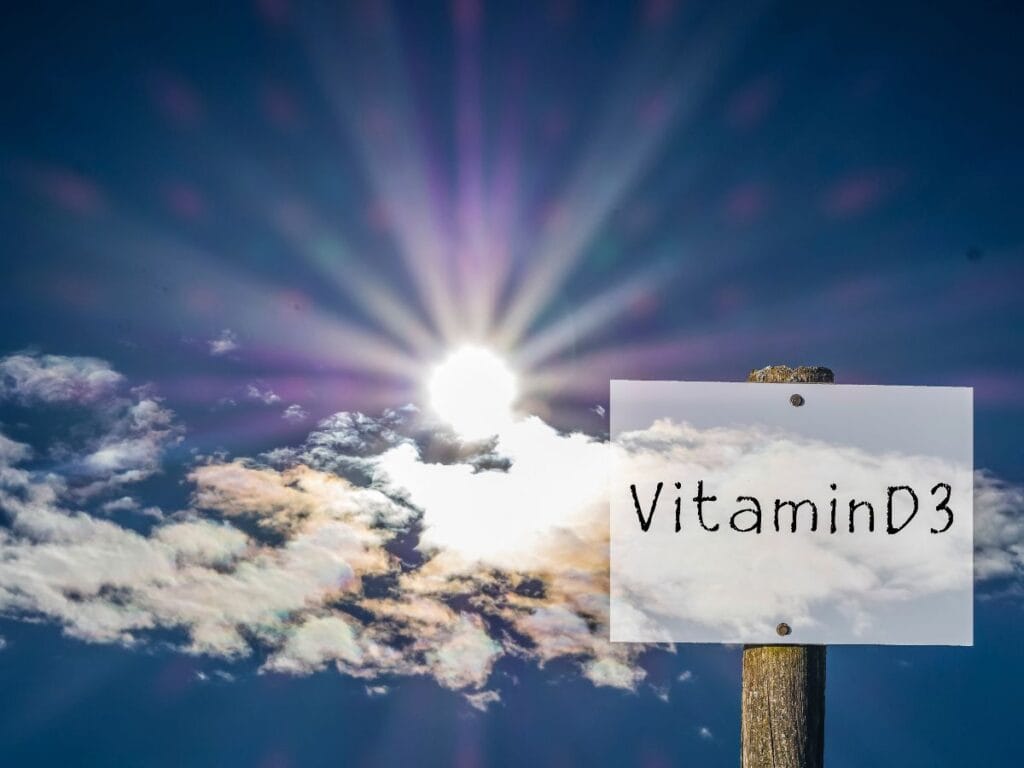
Adults up to 70 need 15 micrograms (600 IU) of vitamin D3 daily. Most people are walking around deficient and don’t even know it.
Vitamin D3 keeps your bones from turning into chalk and your immune system from giving up on life. It’s also the boss of calcium absorption – without it, you could chug milk alternatives all day and still end up with brittle bones.
The Vegan Vitamin D Problem
Non-vegans get their D3 fix from salmon, trout, and regular milk. Vegans? You’re stuck hunting for fortified plant milks that actually contain meaningful amounts, UV-zapped mushrooms that cost more than your rent, or good old-fashioned supplements.
Here’s the kicker – vitamin D3 is fat-soluble. That means it needs fat to work properly in your body. So don’t pop that supplement with water and wonder why you’re still exhausted.
Common foods relatively high in vitamin D3:
RDI for adults: 20mcg (800 IU) per day
| Food Source | Vegan | Vitamin D per 100g | Amount Needed for RDI |
| Cod Liver Oil | 34.0mcg (1,360 IU) | 59g (4 tablespoons) | |
| Rainbow Trout (farmed) | 16.2mcg (645 IU) | 123g (4oz fillet) | |
| Salmon (sockeye) | 14.2mcg (570 IU) | 141g (5oz fillet) | |
| Fortified Plant Milk | (V) | 2.5-3.6mcg (100-144 IU) | 555-800ml (19-27oz) |
| Fortified Milk (2%) | 2.9mcg (120 IU) | 690ml (23oz) | |
| Fortified Cereal | (V) | 2.0mcg (80 IU) | 1000g (10 bowls) |
| Canned Sardines | 1.2mcg (46 IU) | 1.67kg (59oz can) | |
| Eggs (scrambled) | 1.1mcg (44 IU) | 1.8kg (36 large eggs) | |
| Beef Liver | 1.0mcg (42 IU) | 2kg (4.4lbs) | |
| Canned Tuna | 1.0mcg (40 IU) | 2kg (4.4lbs) |
Getting Vitamin D From Actual Sunshine

Your skin can make vitamin D when hit with direct sunlight. Aim for 10-30 minutes of midday sun because your body’s vitamin D factory works overtime at noon.
But here’s where it gets complicated. Live far from the equator? You’ll need more sun in winter when you’re already hiding indoors like a vampire. Dark skin? You need longer exposure times than your pale friends.
Season and location matter more than you think. Winter in Canada isn’t going to cut it for vitamin D production, no matter how optimistic you are about those weak February rays.
The Sunscreen Dilemma

Dermatologists want you slathering on SPF to avoid skin cancer. Smart move, but it blocks the UV rays your body needs for vitamin D synthesis. You’re stuck choosing between wrinkles and deficiency.
Geographic location, skin tone, and sunscreen use can completely sabotage your body’s ability to make vitamin D. That’s why fortified foods and supplements aren’t just helpful – they’re often essential, especially during those months when the sun barely shows up.
Don’t rely on sunshine alone unless you live somewhere perpetually sunny and spend half your day outdoors. Most of us need backup plans that don’t involve risking skin cancer.
The D3 and K2 Power Couple
Taking vitamin D3 alone is like buying a fancy car without gas – you’re missing half the equation. Vitamin K2 helps direct calcium to your bones instead of letting it build up in your arteries where it doesn’t belong.
Without K2, all that calcium you’re absorbing thanks to D3 might end up in places that’ll cause problems later. Smart supplement companies now combine D3 with K2 because they work better together than apart.
Omega-3 Fatty Acids: The Brain Food Vegans Are Probably Missing
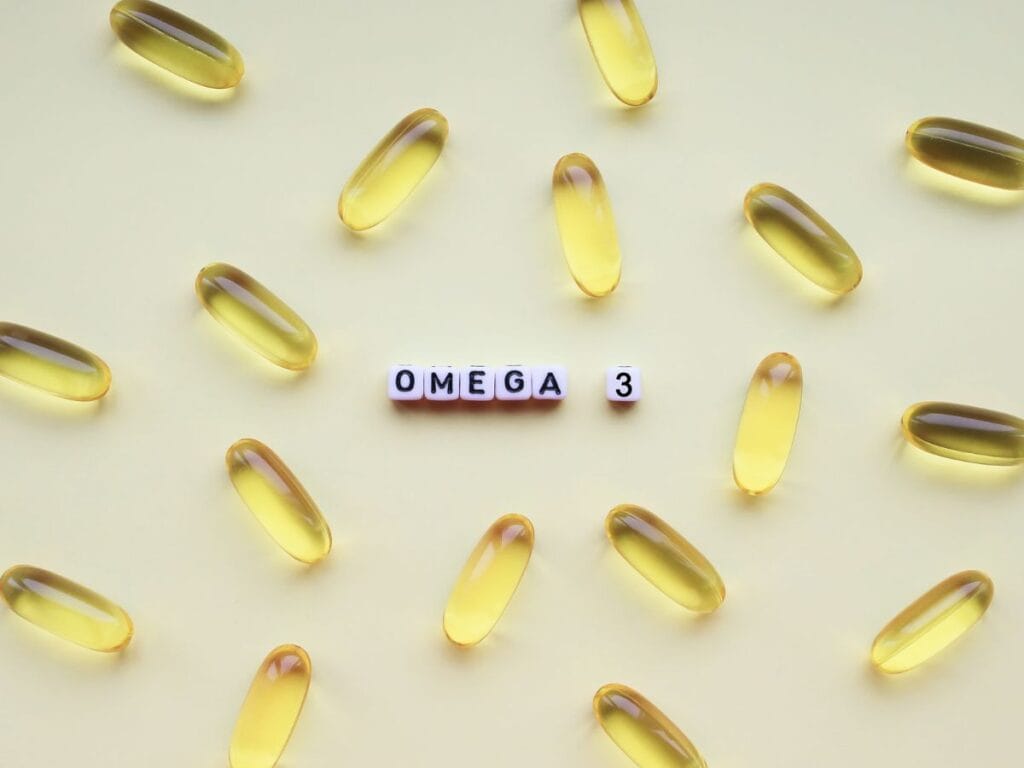
Omega-3s aren’t all created equal, and most vegans are only getting half the story. You’ve got short-chain ALA and long-chain EPA and DHA – think of them as distant cousins who do completely different jobs.
Vegans crush the ALA game with flaxseeds, chia seeds, and walnuts. But EPA and DHA? That’s where things get tricky.
The Conversion Problem No One Talks About
Your body can theoretically convert ALA into EPA and DHA. The reality? It’s terrible at it – we’re talking single-digit conversion rates on a good day.
So you can pound flaxseeds until you’re sick of them, but you’ll still be running low on the omega-3s your brain and heart actually crave. It’s like trying to fill a swimming pool with a leaky garden hose.
Why EPA and DHA Matter More Than You Think
EPA and DHA are the omega-3s doing the heavy lifting for your brain function and heart health. ALA is nice, but it’s not covering these bases no matter how much hemp seed you sprinkle on your smoothie bowl.
Non-vegans get their EPA and DHA from salmon, sardines, and other fish. Vegans? You’re left eating seaweed salad every day or hunting down algae supplements that don’t taste like pond water.
The 250-500mg Reality Check
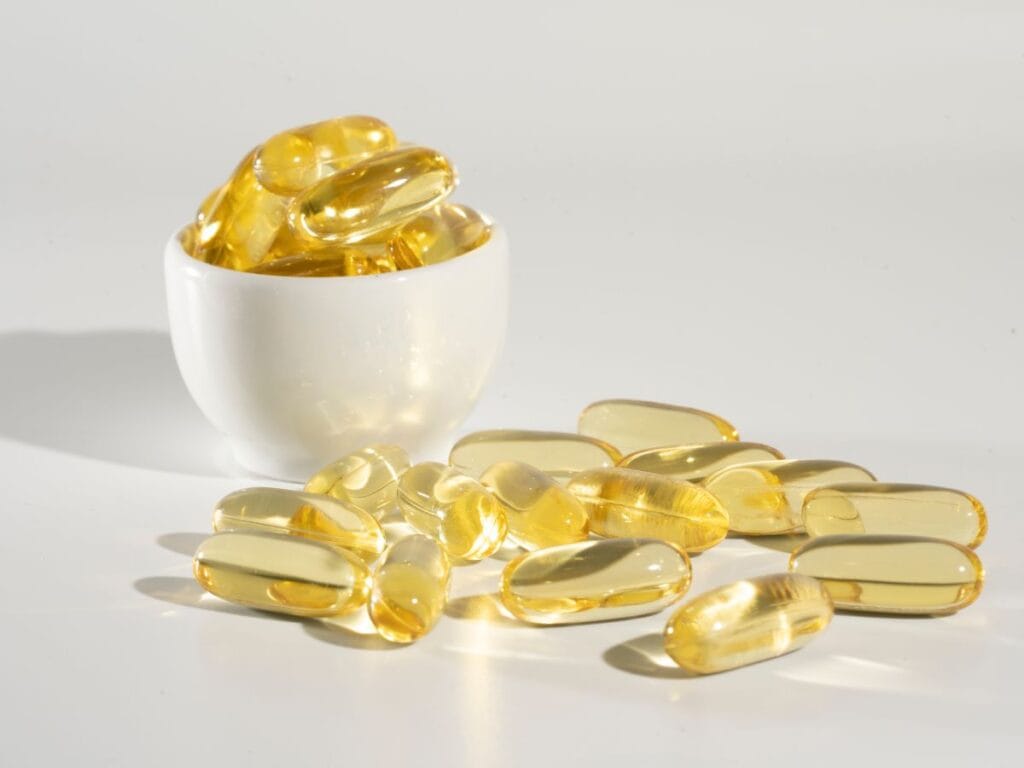
You need 250-500mg of combined EPA and DHA daily. That’s not happening from your morning flaxseed unless you’re eating it by the cupful.
Algae-based supplements are your best bet because they’re where fish get their omega-3s anyway – you’re just cutting out the middleman. Seaweed and algae are technically options, but let’s be honest, you’re not going to eat enough nori sheets to hit your targets.
Don’t kid yourself into thinking your ALA-rich diet has omega-3s covered. Your brain deserves better than hoping your body will magically convert enough ALA to keep you sharp.
Omega 3s can be obtained from the following sources:
RDI: ALA = 1.6g (men), 1.1g (women) | EPA+DHA = 250mg combined (recommended)
| Food Source | Vegan | Total Omega-3 per 100g | EPA per 100g | DHA per 100g | ALA per 100g | Amount Needed for EPA+DHA RDI |
| Salmon (Atlantic, farmed) | 1.83g | 0.59g | 1.24g | 0g | 14g (½ oz) | |
| Herring (Atlantic) | 1.71g | 0.77g | 0.94g | 0g | 15g (½ oz) | |
| Mackerel (Atlantic) | 1.02g | 0.43g | 0.59g | 0g | 25g (1 oz) | |
| Sardines (canned) | 1.19g | 0.45g | 0.74g | 0g | 21g (¾ oz) | |
| Rainbow Trout (wild) | 0.84g | 0.40g | 0.44g | 0g | 30g (1 oz) | |
| Flaxseed Oil | (V) | 53.37g | 0g | 0g | 53.37g | Not applicable* |
| Chia Seeds | (V) | 17.83g | 0g | 0g | 17.83g | Not applicable* |
| Walnuts (English) | (V) | 9.08g | 0g | 0g | 9.08g | Not applicable* |
| Flaxseed (whole) | (V) | 22.81g | 0g | 0g | 22.81g | Not applicable* |
| Canola Oil | (V) | 9.14g | 0g | 0g | 9.14g | Not applicable* |
Key Takeaways:
- EPA and DHA are ONLY found in marine sources – no plant foods contain them naturally
- Vegan sources (V) only provide ALA, which converts to EPA/DHA at rates less than 15%
- Fatty fish are the only realistic food sources for EPA and DHA
- Plant oils and seeds provide ALA but require massive amounts to get meaningful EPA/DHA conversion
- Supplementation is essential for vegans who want adequate EPA and DHA levels
*Plant sources don’t provide EPA/DHA directly – body must convert ALA with very low efficiency (1-15%)
Calcium: Building Strong Bones Without the Dairy Industry’s Help
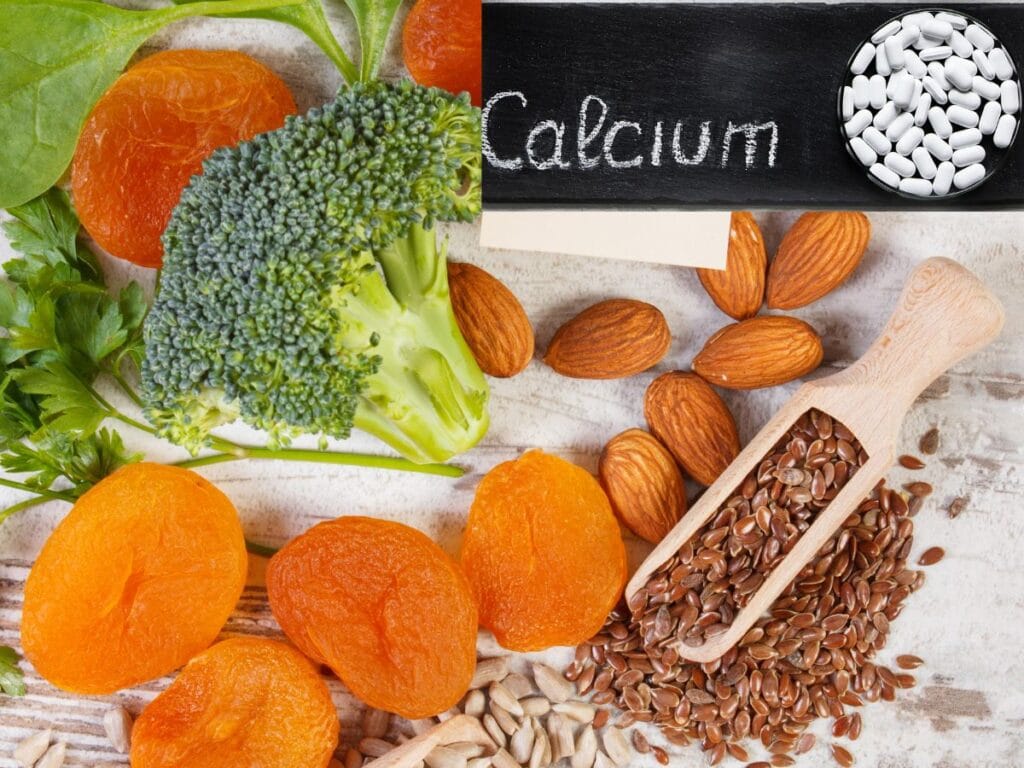
Don’t let anyone tell you calcium is just about strong bones and teeth. This mineral also controls your muscle contractions, nerve signals, and blood clotting. Your body hoards 99% of its calcium in your skeleton, constantly stealing from your bones when you don’t eat enough. The problem? Most calcium lives in dairy products, and if you’re avoiding those, you’re playing nutritional Russian roulette.
Adults need 1000mg of calcium daily, and vegans often think they’re covered because they switched to fortified oat milk. Plot twist: you’re probably still falling short.
Food sources of calcium:
RDI for adults: 1,000mg (ages 19-50), 1,200mg (women >50, adults >70)
| Food Source | Vegan | Calcium per 100g | Amount Needed for RDI (1,000mg) |
| Hard Cheese (Cheddar) | 721mg | 139g (5oz block) | |
| Sardines (canned with bones) | 382mg | 262g (9oz can) | |
| Fortified Soymilk | (V) | 120mg | 833ml (28oz) |
| Yogurt (plain, low-fat) | 110mg | 909g (32oz container) | |
| Milk (whole or low-fat) | 113mg | 885ml (30oz) | |
| Fortified Orange Juice | (V) | 140mg | 714ml (24oz) |
| Salmon (canned with bones) | 203mg | 493g (17oz can) | |
| Tofu (made with calcium sulfate) | (V) | 350mg | 286g (10oz block) |
| Fortified Cereal | (V) | 130mg | 769g (8 large bowls) |
| Kale (cooked) | (V) | 150mg | 667g (23oz cooked) |
The Dairy-Free Calcium Hunt
Non-vegans get calcium from milk, cheese, and yogurt without thinking twice. Vegans are playing detective with food labels, hoping that almond milk actually contains the 450mg it promises on the box.
Your best plant sources are tahini, fortified plant milks, tofu made with calcium sulfate, and dark leafy greens. But here’s the catch – you’d need to eat pounds of spinach daily to hit your targets, and the oxalates in it block absorption anyway.
Why Absorption Matters More Than Amount
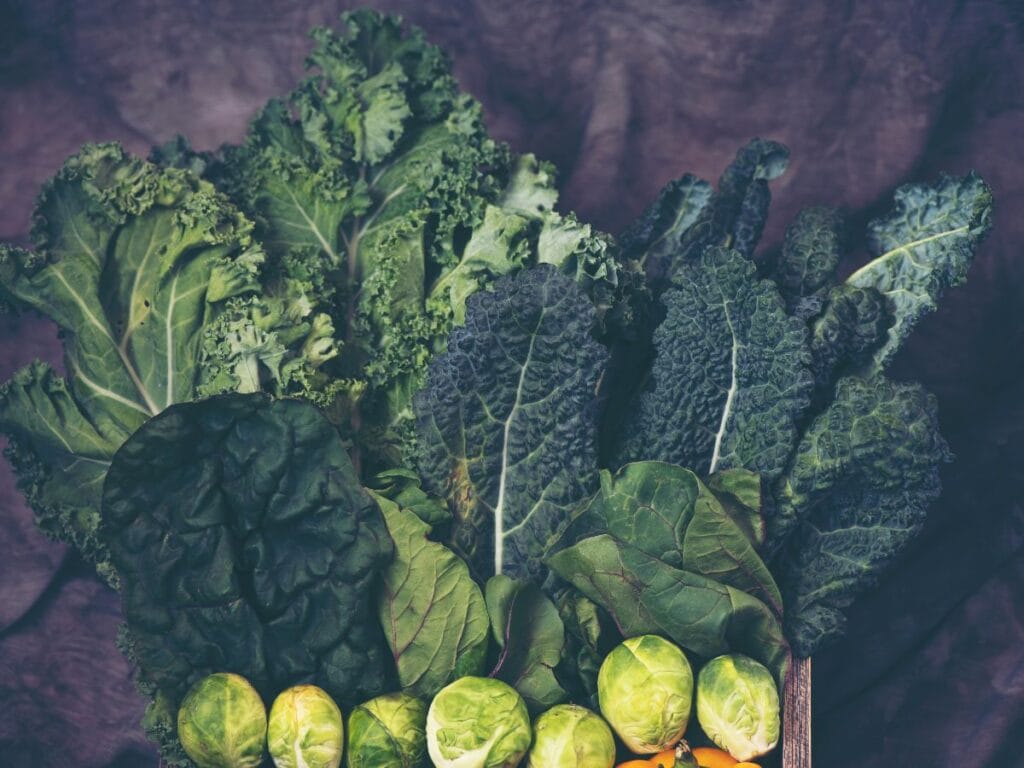
Calcium absorption is where things get messy. Spinach might be packed with calcium, but your body only absorbs about 5% of it thanks to those pesky oxalates.
Meanwhile, calcium from fortified plant milks has decent absorption rates, but only if you’re actually drinking enough and not letting that carton go bad in your fridge. Kale and bok choy are absorption superstars, but let’s be real about how much kale you’re actually eating.
The Supplement Safety Net
Most vegans need calcium supplements unless they’re religiously tracking their intake and eating calcium-rich foods at every meal. Don’t be the person who finds out they’re deficient when they break a bone doing something ridiculous.
Look for calcium citrate over calcium carbonate – it absorbs better and won’t leave you constipated. Split your doses throughout the day because your body can only handle about 500mg at once anyway.
Don’t assume your plant-based diet automatically has calcium covered. Your bones won’t forgive wishful thinking when you’re 60 and wondering why you’re shrinking.
Iodine: An Overlooked Mineral and Why Vegans Need to Supplement
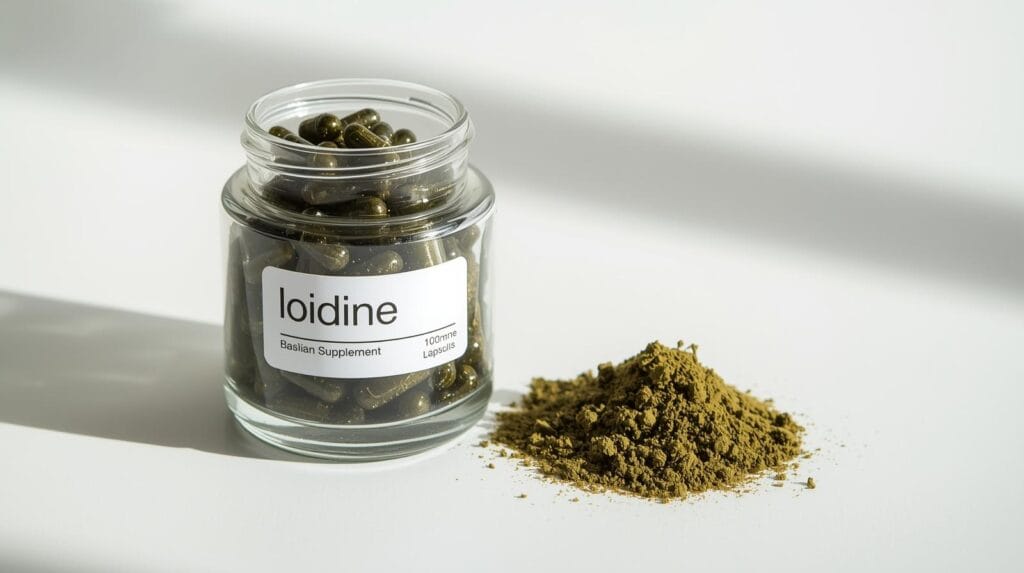
The recommended daily allowance for Iodine is:
The highest food sources of Iodine are:
*DV = Daily Value. FDA developed DVs to help consumers compare the nutrient contents of foods and dietary supplements within the context of a total diet.
Your thyroid is sitting in your neck right now, desperately trying to do its job with whatever scraps of iodine you accidentally consumed this week. Most vegans have no idea they’re slowly starving this butterfly-shaped gland of the one mineral it absolutely needs to function.
Don’t feel bad – iodine is the forgotten stepchild of the mineral world. While everyone’s obsessing over B12 and iron, iodine quietly controls your metabolism, energy levels, and brain function from the shadows.
Where Does Iodine Actually Come From?
Here’s where things get awkward for plant-based eaters. The ocean is basically iodine’s headquarters, which means seafood and seaweed are the VIP sources. Land-based foods are about as reliable as your friend who says they’ll call back but never does.
The iodine content in fruits, vegetables, and grains depends entirely on the soil they grew in – and most soil is more depleted than your energy levels on a Monday morning. Since you ditched dairy, that backup plan went out the window along with your cheese addiction.
Your Daily Iodine Reality Check
Adults need about 150 micrograms of iodine daily. That sounds tiny until you realize most plant foods contain less than 10 micrograms per serving. You’d need to eat roughly 15 servings of bread to hit your target – assuming the grain was grown in iodine-rich soil, which it probably wasn’t.
One sheet of nori contains about 16-43 micrograms, so you’d need multiple sheets daily. Sure, you could become that person who eats seaweed snacks religiously, but let’s be realistic about your commitment levels.
Why Your Body Actually Needs Iodine
Your thyroid uses iodine to make hormones that control basically everything important in your body. Without enough iodine, your thyroid starts panicking and grows larger, trying desperately to catch more of this precious mineral from your bloodstream. These thyroid hormones regulate your metabolism, which means iodine deficiency can leave you feeling like you’re moving through life in slow motion.
Your brain needs iodine too. Even mild deficiency can mess with cognitive function, memory, and concentration in adults.
Why Vegans Need Supplements for Iodine
Most vegans are walking around with suboptimal iodine levels and don’t even realize it. Plant-based diets are naturally low in iodine unless you’re deliberately seeking out sea vegetables or fortified foods. Many health-conscious vegans switched to fancy sea salt or pink Himalayan salt – these trendy salts contain virtually no iodine.
This is exactly why vegans need supplements for nutrients like iodine that are genuinely difficult to get from plant foods alone. A simple iodine supplement or comprehensive vegan multivitamin takes the guesswork out of this essential mineral. Look for supplements containing 150 micrograms of iodine, preferably from potassium iodide or kelp extract
Zinc: Why Vegans Might Need a Supplement for Optimal Immune Health
The daily recommended daily allowance for Zinc is:
The top food sources of Zinc are as follows:
*DV = Daily Value. FDA developed DVs to help consumers compare the nutrient contents of foods and dietary supplements within the context of a total diet.
Zinc is the overachieving mineral that keeps your immune system from falling apart like a house of cards. While you’re busy worrying about protein, zinc is quietly running hundreds of processes in your body – and most vegans aren’t getting nearly enough. Your immune cells are basically running on empty while you wonder why you catch every cold that walks by.
Don’t blame yourself entirely. Zinc from plant foods plays hard to get, making your body work overtime just to absorb tiny amounts.
Where Vegans Can Find Zinc (And Why It’s Complicated)
Plant-based zinc sources exist, but they’re about as cooperative as a toddler at bedtime. Legumes, nuts, seeds, and whole grains contain zinc, but they also contain phytates – compounds that grab onto zinc and escort it right out of your digestive system before you can use it.
Pumpkin seeds and hemp hearts are decent sources, but you’d need to eat them by the handful daily. Chickpeas and lentils contain zinc too, but good luck absorbing more than 20% of it thanks to those pesky phytates.
Oysters contain more zinc than any other food, but since those aren’t on your menu, you’re stuck playing the absorption game with plant foods that don’t want to cooperate.
Why Your Immune System Craves Zinc
Zinc is like the personal trainer for your immune cells – without it, they’re weak, slow, and completely unprepared for battle. This mineral helps create new immune cells, activates T-cells that fight infections, and keeps your skin barrier strong against invading pathogens.
Low zinc levels mean slower wound healing, increased susceptibility to infections, and that annoying tendency to get sick more often than your omnivore friends. Your immune system essentially becomes that unreliable friend who cancels plans at the last minute.
Zinc also supports your sense of taste and smell. Ever notice how everything tastes like cardboard when you’re sick? That’s often zinc deficiency talking.
Why Zinc Supplements Make Sense for Vegans
A quality zinc supplement bypasses the absorption issues that plague plant-based zinc sources. Look for zinc picolinate or zinc bisglycinate – these forms are more easily absorbed than cheap zinc oxide.
Aim for 8-15mg daily, and take it on an empty stomach if your digestive system can handle it. Don’t go overboard though – too much zinc can interfere with copper absorption and cause more problems than it solves.
Your immune system deserves consistent zinc levels, not the feast-or-famine approach you get from hoping plant foods will cooperate with your digestive system.
Why Supplementation Isn’t a Weakness—It’s a Strength
Let’s get one thing straight: supplementing doesn’t mean your diet is lacking—it means you’re taking control of your health. Even non-vegans often fall short on key nutrients, but vegans have the unique advantage of being more mindful about their nutritional intake.
Here’s the bottom line: A well-planned vegan diet, combined with strategic supplementation, can be one of the healthiest ways to live. By addressing potential nutrient gaps, you’re not just surviving—you’re thriving.
Your Vegan Supplement Checklist
To make it easy, here’s a quick guide to the supplements every vegan should consider:
- Vitamin B12: A must-have for nerve and blood health.
- Vitamin D3: Essential for bone health and immunity.
- Omega-3 (EPA/DHA): For brain and heart health.
- Iodine: Supports thyroid function.
- Zinc: Boosts immunity and healing.
Vegans Do Not Need to Supplement Their Protein
Here’s some good news that’ll save you money: protein powder isn’t essential just because you went vegan. Despite what the fitness industry wants you to believe, you can easily hit your protein targets without chugging chalky shakes that taste like disappointment mixed with artificial vanilla.
Yes, animal protein is more concentrated per 100g than most plant sources. But so what? You’re not limited to eating 100g portions of food per day.
Plant-Based Protein Sources That Actually Work
Forget the myth that vegans struggle for protein – you’ve got plenty of options that don’t require a supplement subscription. Seitan packs about 25g of protein per 100g serving, making it one of the highest plant-based sources available. Tempeh delivers around 19g per 100g and actually tastes like food instead of processed sadness.
Tofu might seem boring, but it’s reliable with about 15g per 100g serving. Red lentils give you roughly 9g per 100g cooked, plus they cook faster than your patience runs out. Chickpeas, peas, and edamame all hover around 8-9g per 100g serving.
Even humble peanut butter contributes about 25g per 100g – though you probably shouldn’t eat 100g of peanut butter in one sitting unless you enjoy digestive chaos.
How Much Protein You Actually Need
The recommended daily protein intake is 0.8 grams per kilogram of lean body weight – not total body weight. Most people calculate this wrong and think they need way more protein than they actually do.
Here’s the math that’ll save you from protein paranoia: an 80kg person with 20% body fat has 64kg of lean mass. Multiply 64kg by 0.8g and you need just 51.2g of protein daily.
That’s it. Not the 100g+ that Instagram fitness influencers claim you need to survive.
Real-World Protein Math
Two slices of wholemeal toast with peanut butter delivers about 18g of protein – that’s already 35% of your daily needs in one meal. Add some oats with plant milk for breakfast and you’re well on your way without even trying hard.
A serving of tofu stir-fry with vegetables gives you another 15-20g. Throw in some quinoa as a side and you’ve easily cleared your protein requirements without touching a supplement container.
Most vegans who eat a varied diet with legumes, grains, nuts, and seeds naturally consume enough protein. The real challenge isn’t getting enough – it’s ignoring the marketing noise telling you that plant protein isn’t “complete” or sufficient.
Why Protein Supplements Are Usually Unnecessary
This is one area where vegans need supplements less than the industry wants you to believe. Whole food sources provide protein along with fiber, vitamins, minerals, and phytonutrients that isolated protein powders can’t match.
Your body also doesn’t need all essential amino acids in every single meal – it pools amino acids throughout the day from various sources. That “incomplete protein” scare tactic is outdated nutrition advice that refuses to die.
Save your money for the supplements you actually need, like B12 and the minerals we’ve already discussed. Your protein needs are covered by real food that tastes better than any powder ever will.
The Bottom Line: Smart Supplementation for Thriving Vegans
Look, going vegan doesn’t mean you need to pop 20 pills daily or stress about every nutrient. But ignoring the gaps in plant-based nutrition won’t make them disappear either. Focus your supplement budget on the nutrients that actually matter while letting whole foods handle your protein needs. This is why vegans need supplements for specific minerals and vitamins that are genuinely difficult to get from plants alone, not because plant-based eating is inadequate. Skip the expensive protein powders and invest in quality supplements that fill real nutritional gaps, then spend the rest of your energy enjoying delicious vegan food without the paranoia.
